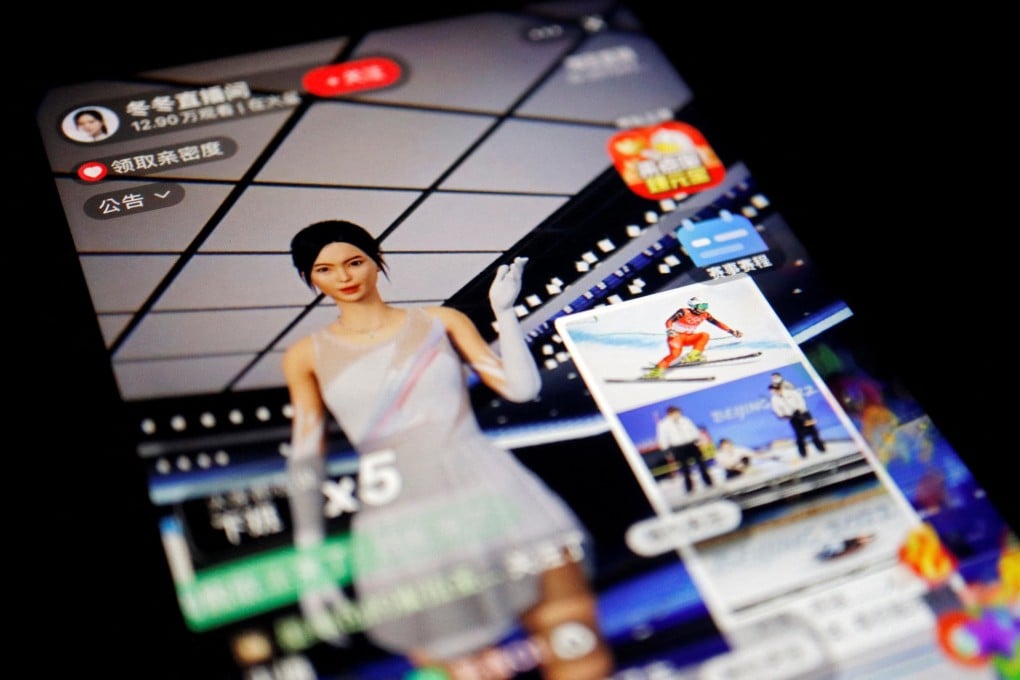China’s internet watchdog vows to target ‘chaos’ in short videos and live streaming in 2022
- The Cyberspace Administration of China plans to go after agencies that help influencers gain online traffic through questionable methods
- The agency will direct internet platforms to establish a computer model to monitor and predict online violence

China’s internet watchdog said on Thursday it was determined to “clean up chaos” in short videos, live-streaming services and app algorithms this year, as part of an ongoing crackdown that saw 1.34 billion online accounts closed, 7,200 influencers blocked and 2,160 apps removed last year.
The campaign targets issues including bot traffic, live-streaming sessions that attract large tips, teenage influencers, and fake suicides intended to draw attention or lure people into scams, Sheng Ronghua, the deputy head of the Cyberspace Administration of China (CAC), said in a press conference.
He said the regulator plans to go after agencies that help influencers gain online traffic on various platforms through questionable methods.
The CAC also touted achievements made by internet censors, saying that they worked hard to reduce online “attacks and abuse” against Eileen Gu and Zhu Yi, two US-born athletes who represented China at this year’s Beijing Winter Olympics.
The agency will direct internet platforms to establish a computer model to monitor and predict online violence, and add in-app features such as blocking direct messages from unknown accounts, said CAC official Zhang Yongjun.
He said the blocking feature – which has already been adopted by short video-sharing app Douyin, China’s version of TikTok – is working well.
